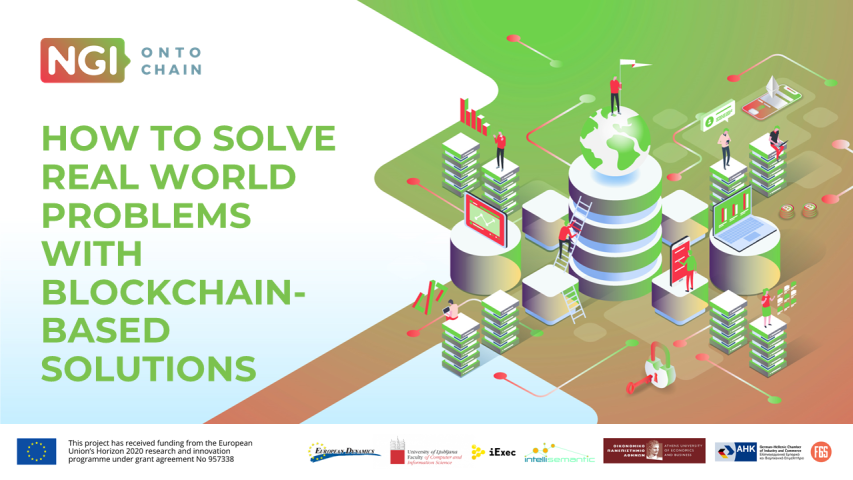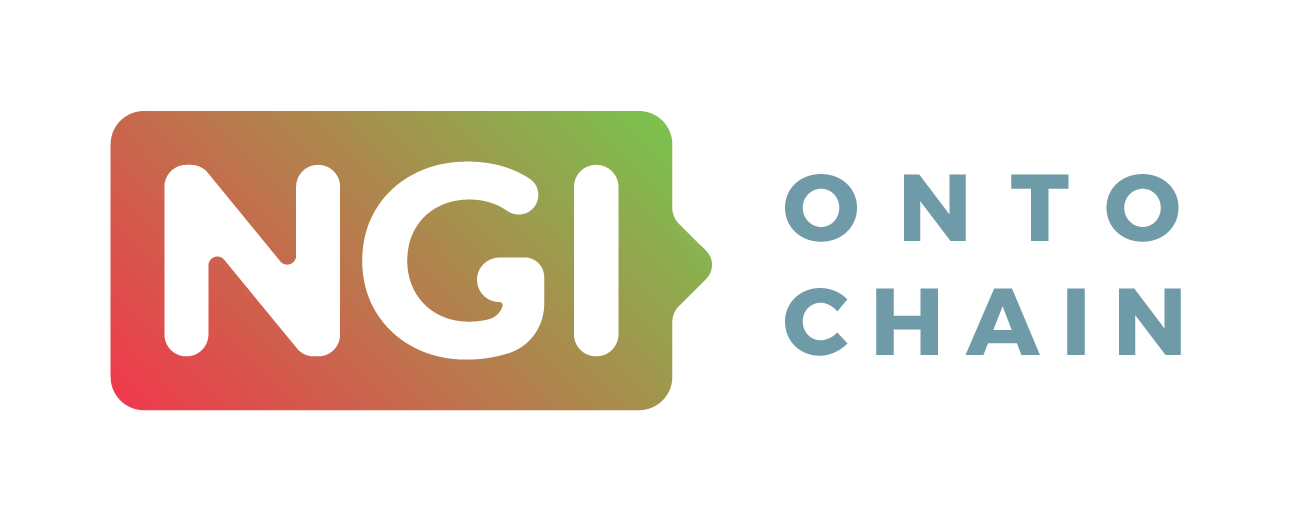
What is a Blockchain?
Blockchains are distributed databases shared amongst computer network nodes. A blockchain, like a database, saves information electronically in digital format. Blockchains are well known for their critical role in storing a secure and decentralised record of transactions for cryptocurrency systems, such as Bitcoin.
Data is structured in a fundamentally different way with a blockchain when compared with a traditional database. A blockchain accumulates information in groups known as blocks, which hold sets of data. When a block's storage capacity is reached, it is closed and linked to the previously filled block, producing a data chain known as the blockchain. Once transactions are recorded, they cannot be changed retroactively without affecting all subsequent blocks. As a result, Blockchain helps in the storage and recording of critical information in a way that makes it difficult or impossible to edit, hack, or cheat the system.
Because blockchain is distributed, anything built on it is potentially more cost-effective, efficient, and secure. Some problems that could potentially be solved using emerging blockchain-based solutions are:
Banking System Complexity
Most, if not all, legacy banking models are built around centralised databases. The banking industry continues to struggle to overcome the costs, labour, time, and fraud risks associated with storing and processing billions of transactions. The global success of Bitcoin and other cryptocurrencies has proved the effectiveness of blockchain technology in combating some types of online banking fraud.
For example, blockchain technology can significantly reduce costs involved in know your customer (KYC) verification, due diligence, and credit underwriting. The immutable data and authentication characteristics of blockchain-based solutions can be helpful for platform independent KYC verification and due diligence reporting to verify and establish trust parameters around past events. These qualities can be combined for applications like researching an individual or company credit history that is created by one or more entities, then is accessed by other organisations.
Many banks have already invested substantial time and money in researching how to migrate functionality of their banking applications to blockchain networks. The Bank of England, for example, conducted a proof-of-concept examination of how blockchain can improve real-time gross settlement in the year 2019. They are actively researching the digitization of data and how it impacts the UK economy, including the development of a blockchain-linked version of the British pound sterling. The UK government is also extensively supporting and encouraging such Research & Development to reward companies and SMEs with cash back or tax credits under the R&D Tax Credits Scheme.
Stock Market Trading
The stock market is another area where blockchain technology is thriving. Blockchain-based solutions have the potential to lower the risk of frauds and operational errors in Stock Market trading. There’s also the potential of faster transaction speeds, although this is an area where many blockchains have so failed to fulfil their promise.
Several exchanges, including NASDAQ and the Australian Securities Exchange, are already working on blockchain-based exchange solutions to cut costs and increase efficiencies in the trading supply chain.
Counterfeit Drugs
In the Healthcare Industry, counterfeit pharmaceuticals are a major source of concern. A counterfeit drug is one that is manufactured by someone other than the original manufacturer by replicating or imitating an original product without official authorization. Blockchain-based solutions can help in tackling the issue of counterfeit drugs through effective supply chain tracking and tracing of each transactional step between drug manufacturers, wholesalers, pharmacists, and patients.
Digital Music Distribution
Cloud-based solutions can help musicians store their music in a digitally secure manner and receive payment when the music is purchased or streamed. The issue of payment is a long-time issue where artists have often been faced with low or non-existent payments with no ability to conduct transparent audits or payment tracking. Blockchain technology can secure this data and enable reliable and auditable payment solutions.
Conclusion
If you say blockchain, most people will think of Bitcoin. There’s way more to blockchain than the world’s favourite crypto currency. We live in a world where blockchain has opened the doors for Startups and Small Businesses to develop solutions that solve structural challenges across many industries.
Connect with ONTOCHAIN if you are an innovator building blockchain-based knowledge management systems. ONTOCHAIN can help you with funding, mentoring and access to leading infrastructure for your project.

 This project has received funding from the European Union’s Horizon 2020 research and innovation programme under grant agreement No 957338
This project has received funding from the European Union’s Horizon 2020 research and innovation programme under grant agreement No 957338




